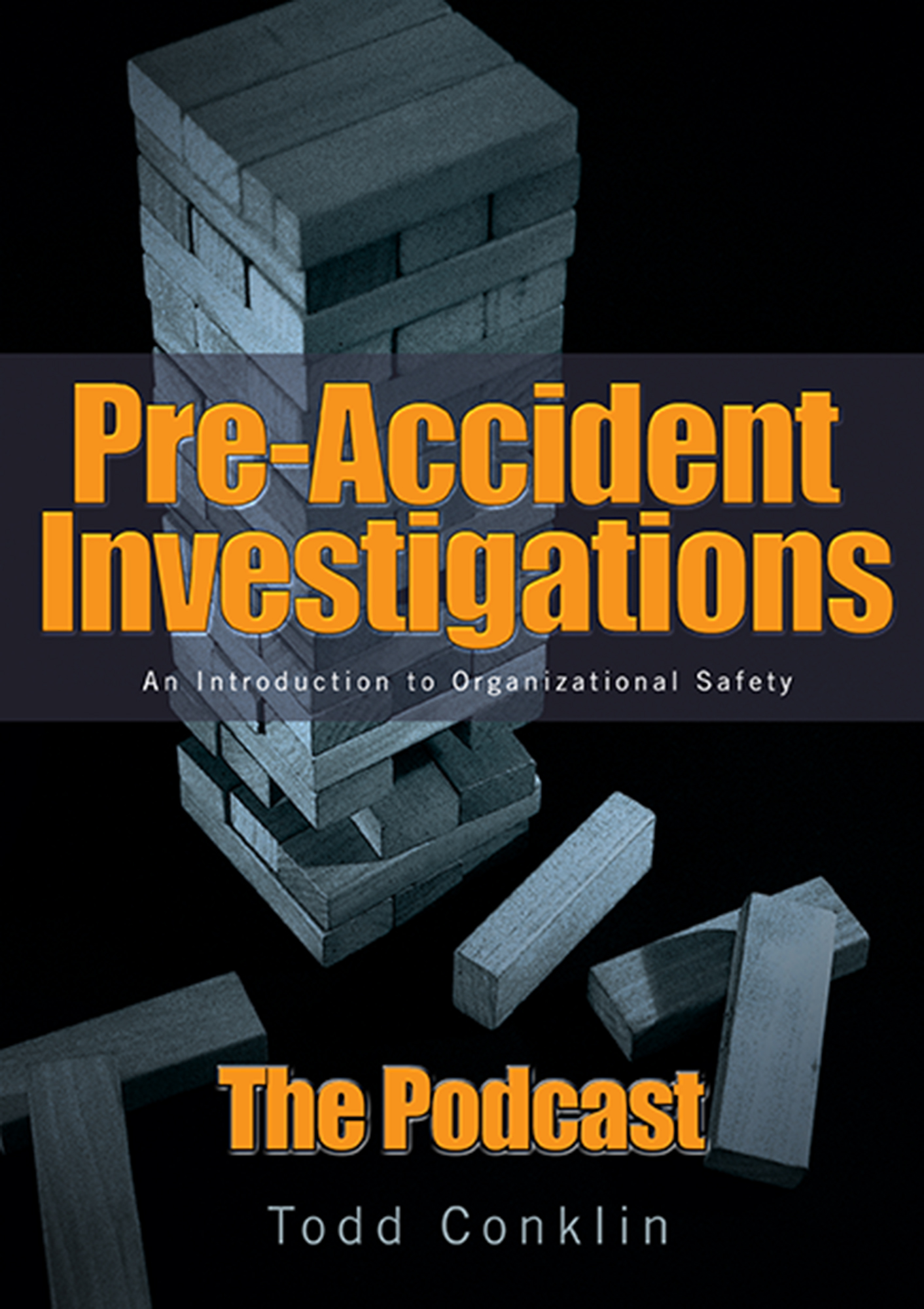

In this episode, Todd Conklin delves into a unique phenomenon propelling safety regulations globally. Discussing the intriguing concept of 'sticky', an acronym for 'stuff that kills you', Todd highlights how this approach has impacted organizations and reinvigorated safety dialogues.
In a world where perfect conditions, processes, or people are not guaranteed, the 'STKY' approach encourages identifying the highest risks involved in a task. However, Todd emphasizes that the magic lies not in the identification but in the follow-up questions.
Upon identification of the 'sticky'—the deadliest risk, one ought to ask: 'When that bad thing happens, what keeps us safe?'. This paves the way to identify the essential controls for failing safely. The value of 'STKY' begins to shine through with the critical evaluation of existing safety measures.
In conclusion, Todd points out that the power of 'STKY' lies in the subsequent questions: 'What will kill you?', 'When it happens, what keeps you safe?', and 'Is that enough?'. He advocates for the need to keep learning, to be kind to each other, and above all, to ensure safety at all times.
 PAPod 583 - When Normal Variability Breaks: The ReDonda Story
This episode previews a small workshop in Santa Fe where Todd Conklin, Ann Lyren
PAPod 583 - When Normal Variability Breaks: The ReDonda Story
This episode previews a small workshop in Santa Fe where Todd Conklin, Ann Lyren
 PAPod 582 - Accountability vs. Blame: Who Really Owns Safety?
Todd Conklin breaks down why accountability is an act of clarity, not blame or d
PAPod 582 - Accountability vs. Blame: Who Really Owns Safety?
Todd Conklin breaks down why accountability is an act of clarity, not blame or d
 PAPod 581- Measuring the Invisible: When 'Nothing Happened' Breaks Safety Metrics
Todd Conklin explores why its so difficult to measure events that never happen a
PAPod 581- Measuring the Invisible: When 'Nothing Happened' Breaks Safety Metrics
Todd Conklin explores why its so difficult to measure events that never happen a
 PAPod 580 - Start Right, End Safe: Building Better Encounters in 2026
Todd Conklin opens 2026 reflecting on why how we begin interactions and jobs mat
PAPod 580 - Start Right, End Safe: Building Better Encounters in 2026
Todd Conklin opens 2026 reflecting on why how we begin interactions and jobs mat
Got a question, press inquiry or idea you'd like to share? Contact us through the form below and let us know how we can help.